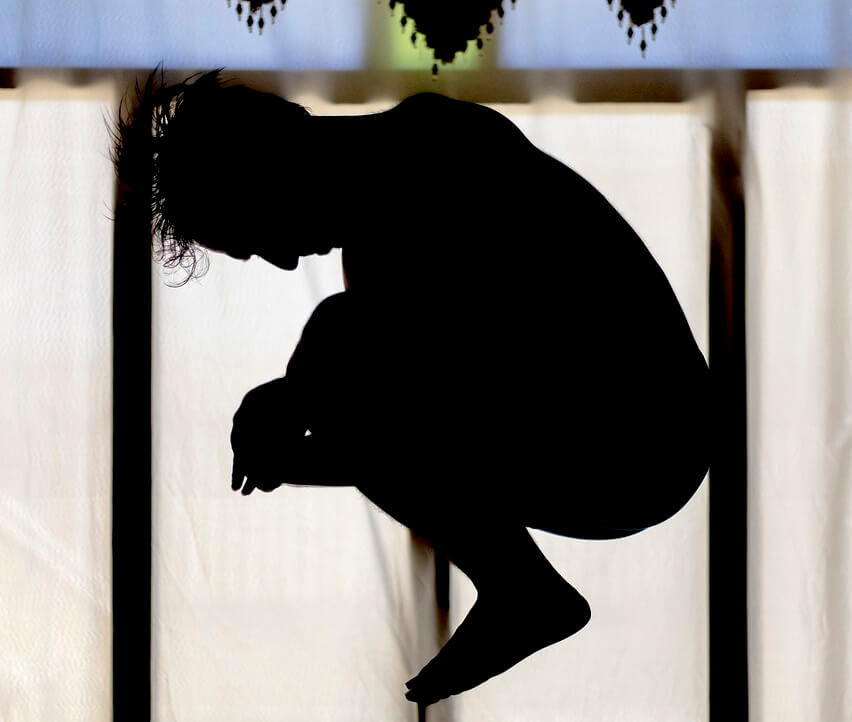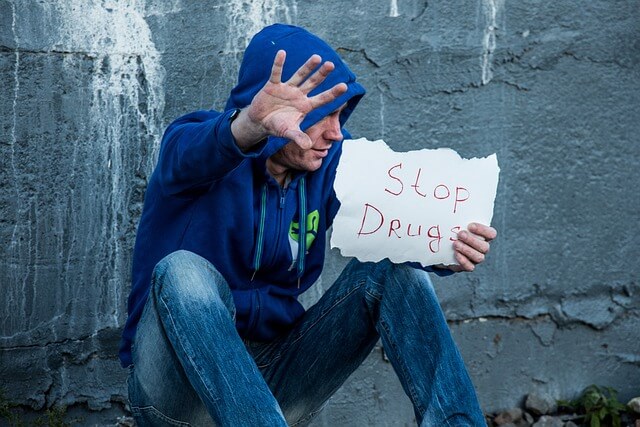
Table of Contents
Developing an addiction takes only a few days. But the exit from that addiction can take months and years. Understanding drug use and addiction is key to finding the right way to recovery.
People struggling with addiction often find the treatment for drug addiction expensive and complicated. But once they understand the science of addiction and identify the reasons that lead to addiction, recovery is possible.
But for that, addicts need to know more about alcohol or other drug addiction. They need to understand that addiction includes several stages. And they can reduce drug misuse and addiction through proper substance abuse treatment.
Drug Use and Drug Addiction: Finding the Exit Through Scientific Recovery
Drug use and addiction are becoming widespread globally, as per the National Institute on Drug Abuse. The drug problem is not limited to any particular region. Alcohol and drug misuse is challenging the world.
To take the drug continuously, a large number of people are engaging in illegal activities also. The withdrawal symptoms make it difficult for addicts to stop the use of any type of drug. So, addicts usually choose not to seek help.
But the treatment for drug abuse and substance use disorder has reached new heights now. With advanced treatment programs and practices, it is now possible to ultimately come out of alcohol or drug use addiction.
Drug Addiction and Substance Use Disorder: Basics
Before proceeding to the effects of drug abuse disorder, let’s have a look at the basics behind the development of drug addiction.
Drug addiction is a chronic condition. Addiction to opioids does not occur naturally. Taking larger doses of the drug just to feel pleasure or repeated use of a drug can cause addiction. People with a history of addiction have a greater risk of drug dependence and addiction.
Significant Causes of Substance Abuse
Substance addiction may be caused by a wide variety of reasons. Here are some of the very common reasons behind compulsive drug taking.
- Addiction history in the family
- Mental health issues
- Peer pressure
- Lack of social involvement
- Previous use
- Accidental use of highly addictive drugs
Different Types of Substance Abuse
Substance abuse is an umbrella term used to denote multiple addictive drugs. There are different kinds of drugs used for addiction. Some of them are as follows.
- Alcohol
- Opioids
- Cannabis
- Sedatives
- Inhalants
- Stimulants
- Cocaine
- Hallucinogens
Substance Use Disorder: Definition
Substance use disorder is a known medical condition where the patient’s brain is unable to control repeated drug use. It is generally present in people who are highly associated with drug use. With the high consumption of alcohol and illicit drugs, one’s brain gets seriously affected. The patient’s brain leads the body to take more of the drug.
The uncontrollable drug seeking and use cause unhealthy drug use patterns in the patient. Drug use can change the functioning of an addict’s brain and develop into a major mental disorder, which is called substance use disorder.
A national survey on drug use points out that the final stage of substance use disorder is the complete surrender to drugs. That is, the patient will not be able to recover from the drug without proper drug addiction treatment.

Drug Abuse and Addiction: Signs of Addiction
Drug use and health are very well connected. Addiction affects your brain and causes many health issues. Mental health and addiction is an ongoing discussion in the medical world. The major symptoms of drug addiction found in drug users are as follows.
- Uncontrollable urge to take drug
- Difficulty to focus
- Urge to have more quantity than the initial drug use
- Spending money on substance use
- Return to drug use even after realizing its overuse
- Experiencing severe withdrawal symptoms
- Physical health issues
- Problems in personal and professional life
- Major changes in behavior
- Lack of interest in day-to-day activities
- Financial struggles
Some of the most common withdrawal symptoms found in people with addiction risk are as follows.
- Sleep issues
- Mood swings
- Irritability
- Anxiety
- Depression
- Cravings
- Tiredness
- Nausea
- Hallucinations
- Vomiting
- Sweating
- Shaking
- Tremors
- Paranoia
- Seizures
- Confusion
Drug Overdose and Drug Abuse: Risk Factors
When a drug is taken, it affects all parts of the body. As per addiction psychiatry, it becomes extremely difficult for an addict to prevent the development of addiction. People with a history of drug addiction need to be extremely careful. The risk for drug use can be extreme.
Here are some of the major risk factors experts mention when drug addiction is considered. It is important to avoid these risk factors to avoid any risk for addiction. Drug use and addiction are preventable if you resist these risk factors from influencing you.
- Mental health issues
- Past trauma
- Poor family monitoring
- Family history of addiction
- Parental drug use
- Sexual or gender issues
- Peer pressure
- Lack of social circle
- Low professional or personal achievements
- Sexual abuse
Substance Abuse: Is it A Mental Disorder?
Substance abuse is a condition related to the brain. When you use a drug, the effects of the drug are felt by the brain. The brain gradually loses track of the amount of the drug consumed. The risks of drug use get higher as soon as the brain starts surrendering.
According to experts in addiction medicine, substance abuse gradually develops into a mental disorder where the patients start hallucinating. Depression, anxiety, etc., all exist alongside recreational drug abuse.
Addiction Treatment: First Step to Overcoming Drug Abuse
Most disorders, including addiction, are treatable. However, the treatment of substance use should be proper and scientific to get the best results. Treatments of drug addiction include the willingness of the patient.
Patients with previous drug use may find it difficult to go through the treatment process. According to drug information organizations, people with an early drug use history experience severe withdrawal symptoms.
There are many treatment options available for substance use disorder or addiction. Some of the most common ones are as follows.
- Detoxification
- Counseling
- Behavioral therapies
- Self-help groups
- Rehabilitation programs
- Medications
Detoxification
Detoxification is the useful process of removing an addictive content from the body completely. The major component of this stage is to stay away from substance use. Patients may experience withdrawal symptoms at this stage.
Counseling
Counseling is required based on the mental health condition of the patient. If the patients are not able to communicate with their friends or family, counseling can be a great option.
Behavioral Therapies
Different types of behavioral therapies are available nowadays. They are as follows.
- Cognitive behavioral therapy
- Motivational interviewing
- Multi-dimensional family therapy
Self-help groups
Self-help groups help recovering patients connect with others who have experienced the same struggle. They act as sources of information, inspiration, and education.
Some of the most popular self-help groups are as follows.
- Alcoholics Anonymous
- Narcotics Anonymous
Rehabilitation Programs
Rehabilitation programs are various treatment programs that help with the complete recovery of a drug addict. Such programs help the addict to gain his personal and professional life back. Long-term and short-term rehabilitation programs are available. However, for the drug to get as far away as possible from an addict’s life, long-term programs are more useful.
Many effective drug rehabilitation programs are run under institutions like the Drug Enforcement Administration.
Medication
Medications are useful to control substance abuse and addiction. Some common medications used to treat alcohol and similar addictions are as follows.
- Naltrexone
- Campral
- Antabuse
Final Word
There is no doubt that substance use disorder leads to chronic health conditions. It can even be fatal if not controlled properly. The best way to manage a drug addiction is to go through a scientific recovery path. There are many recovery options, such as medication, behavioral therapy, self-help groups, and many more. The treatment option should strictly be under the guidance of a professional.
FAQs
You can get help from the risk of drug abuse through various treatment options. Some of them are behavioral therapy, counseling, medication, etc.
It is possible to use drugs without increasing the risk of addiction. You will have to use any drug in moderate amounts to avoid addiction. There are many people worldwide who use some of the drugs as medicines. They consume those drugs only in the permitted amounts.










